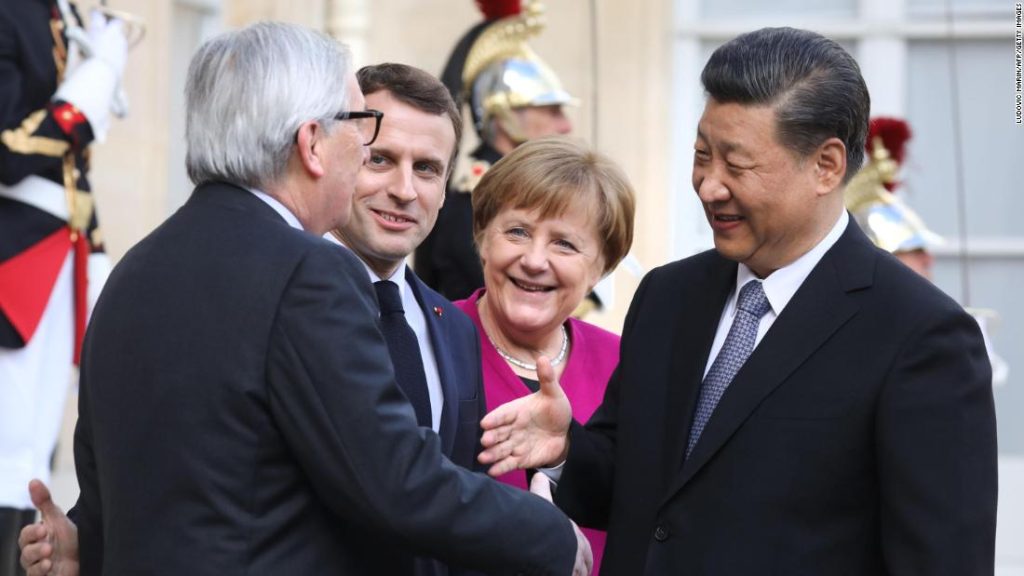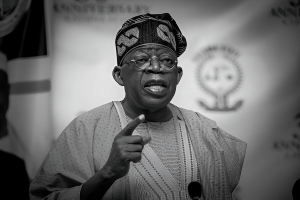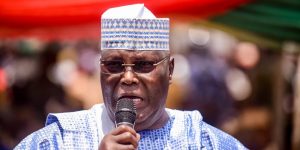Analysis: China once saw Europe as a counter to US power. Now ties are at an abysmal low

Eight years later, the optimism of that period has cratered, with the relationship between That was underlined last month during two summits featuring European leaders. Both the Group of Seven (G7) advanced economies and NATO significantly hardened their lines on China, in a signal that views in Europe have fallen more in line with Washington’s.The shift is the culmination of a series of steps in which Beijing may have at times underestimated the extent to which it was pushing Europe away, but also appeared prepared to pay that price.But it is a significant blow for Beijing’s ideal vision: a Europe with robust China ties that provides a counterbalance to American power and posture.”China and the EU should act as two major forces upholding world peace, and offset uncertainties in the international landscape,” Xi told EU leaders at a summit in April, urging them to reject “rival-bloc mentality.” But those words appeared to fall flat with the European side, which focused instead on pressing China to help broker peace in Ukraine. “The dialogue was everything but a dialogue. In any case, it was a dialogue of the deaf,” EU foreign affairs chief Josep Borrell said afterward.Downward spiral Beijing had carefully crafted its relationships in Europe in recent decades — creating a dedicated annual summit with Central and Eastern European countries and seeking inroads for its Belt and Road infrastructure initiative, which won support from one G7 member when Italy signed on in 2019.US concerns about the risks of collaboration with China resonated in Europe. And European nations were themselves watching Xi’s China grow increasingly assertive in its foreign policy, from the combative tone of its “wolf warrior” diplomats to the establishment of a naval base in Africa, rising aggressiveness in the South China Sea and toward Taiwan, and the targeting of companies or countries that ran foul of its line on hot-button issues. Allegations of major human rights violations in China’s northwestern region of Xinjiang, and its dismantling of civil society in Hong Kong also played a role in shifting European perceptions, analysts say. Chinese officials have called allegations that it held more than a million Uyghur and other Muslim minorities in internment camps in Xinjiang “fabrications,” and slammed discussion of these issues as “interference” in its internal affairs.The EU declared China a “systemic rival” in 2019 and ties have continued to fray since. Calculations about the geopolitical importance of ties with Russia, and also the close bond between Xi and Russian President Vladimir Putin also likely came to bear, he added.”It’s a really huge dilemma for China … and they couldn’t afford any major negative consequences on the China-Russia strategic partnership. That imperative really prevailed,” Li said.There has been acknowledgment of China’s myopia among mainland scholars,Chen Dingding, founding director of the Intellisia Institute think tank in Guangzhou, wrote in a coauthored article in The Diplomat, that the risks of the war in Ukraine are “not fully understood in China,” where officials and academics had failed to acknowledge the “shock” that death and destruction in Ukraine would bring Europeans.”The geographic as well as emotional proximity of the war will fundamentally change European sentiments toward common security, economic dependencies, and national sovereignty for years to come,” Chen and his international group of coauthors wrote.However, strong voices within many countries do continue to advocate a balanced approach to China, according to d’Hooghe. The future may bring not a decoupling, she said, but rather a recalibration within Europe of how to collaborate with China while keeping an eye on security and balance.”But right now — and this is also true with the European relationship with Russia — normative considerations seem to weigh heavier than economic interests,” she said.







